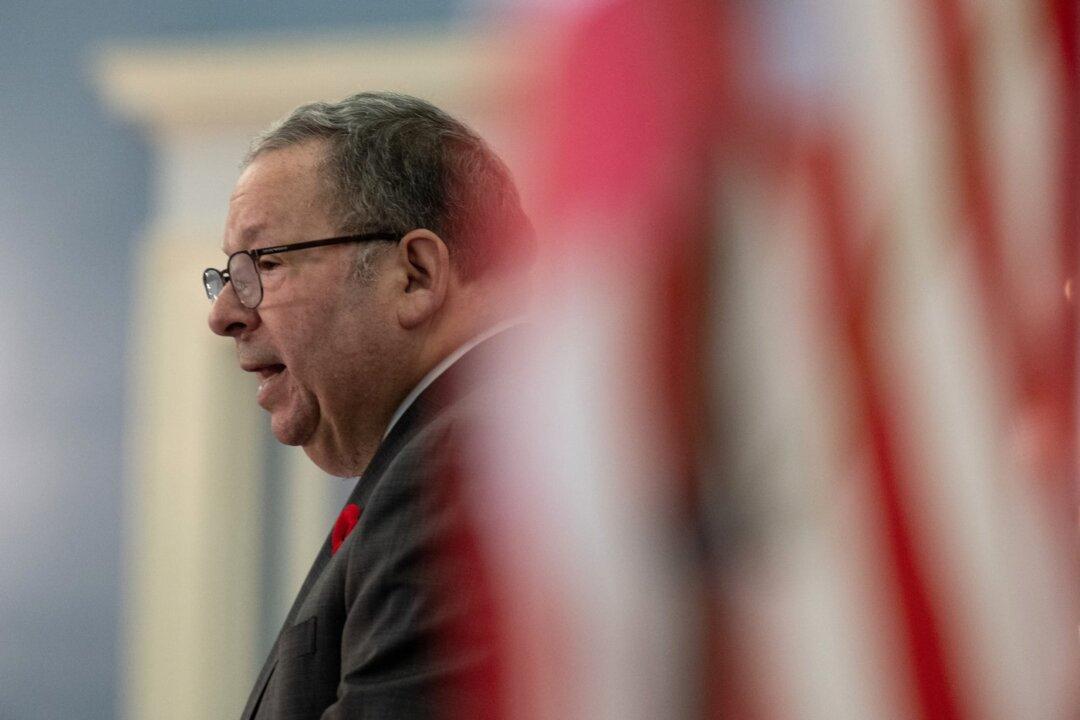The United States ambassador to Canada says there could be a “big fight” looming if the federal government goes through with its plans for a digital services tax.
U.S. envoy David Cohen made the remarks on Oct. 31 in a question-and-answer session following a luncheon speech hosted by the Canadian Club of Ottawa.





